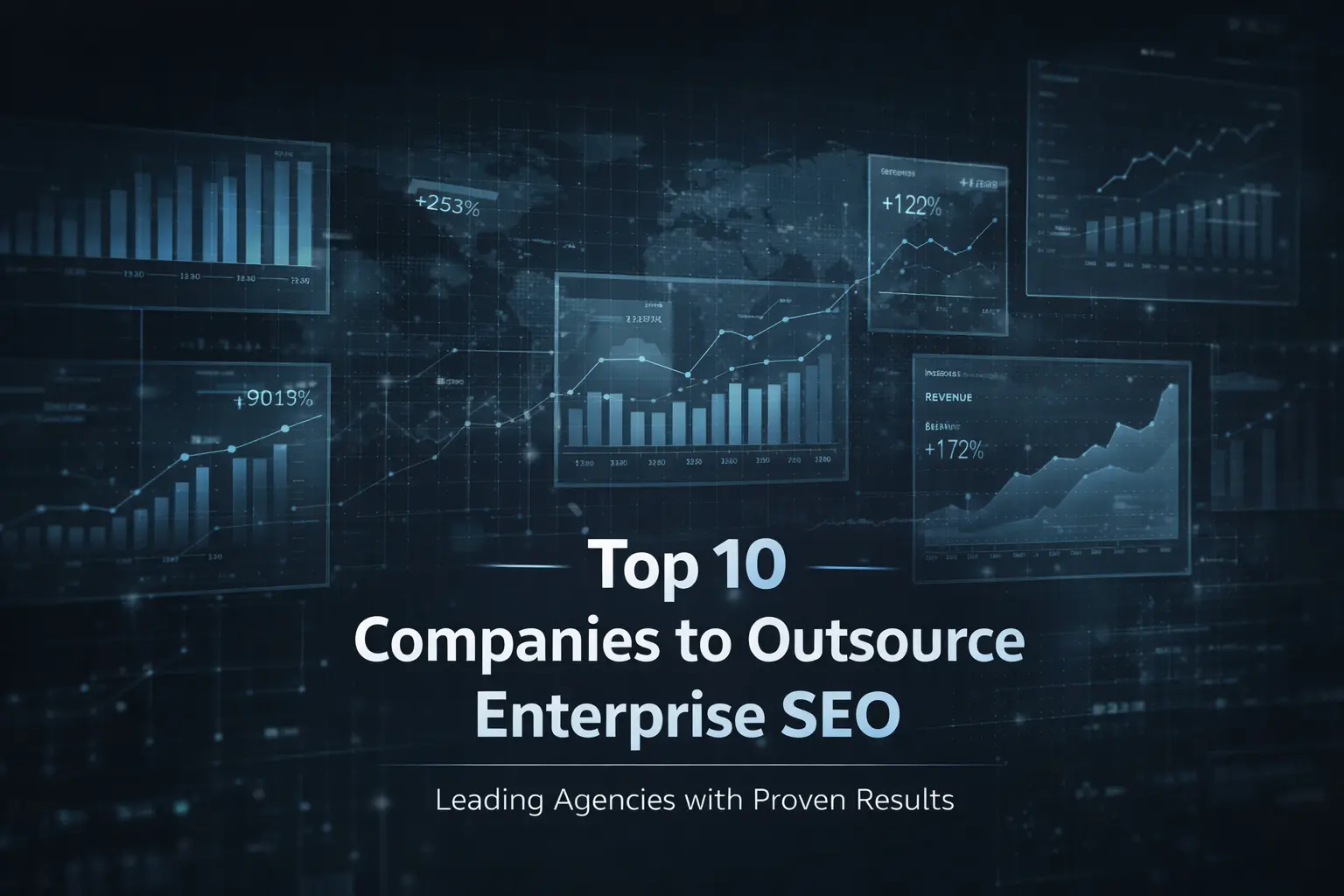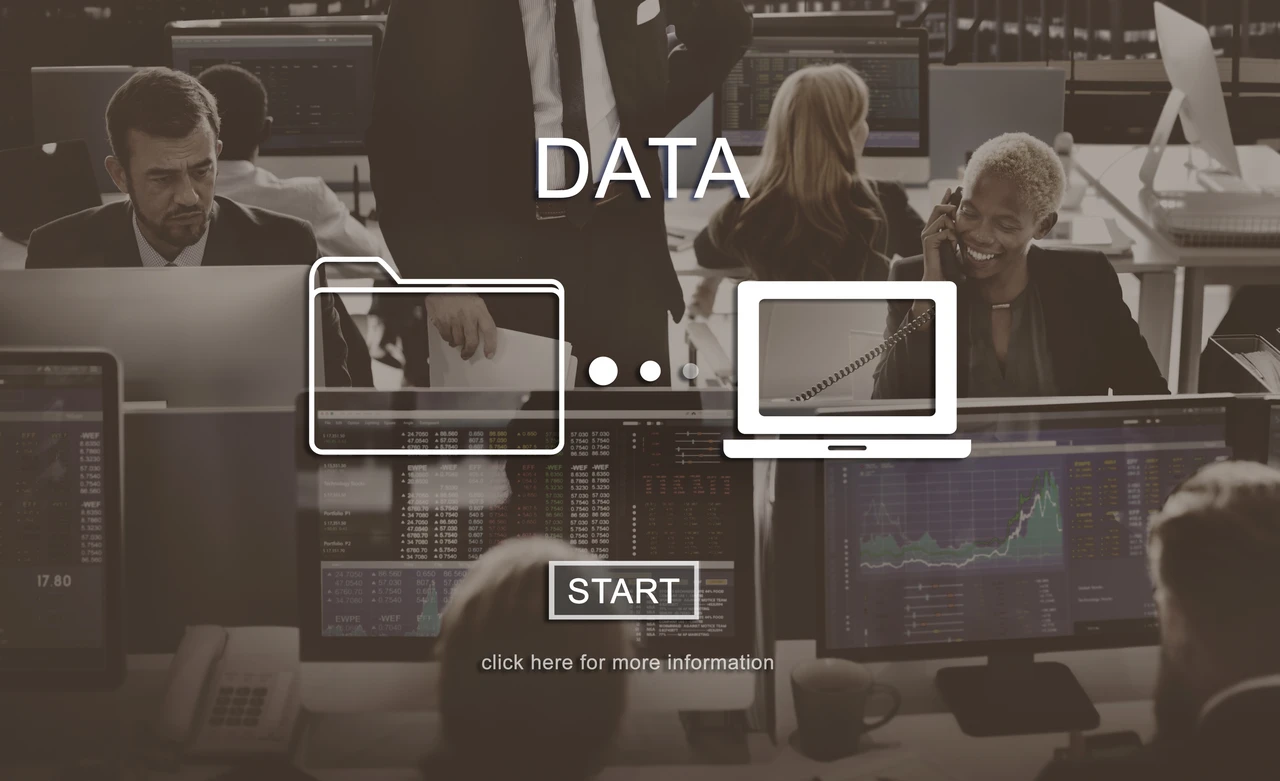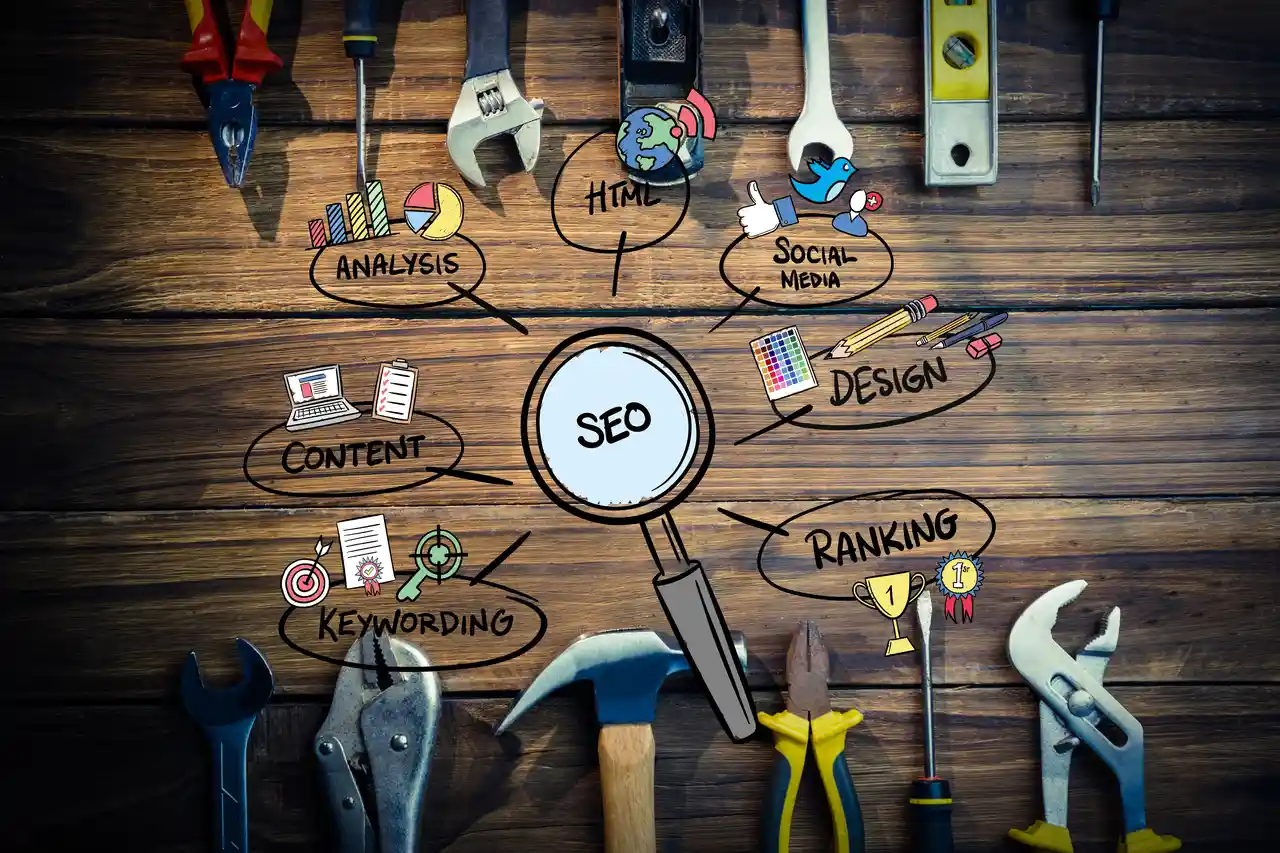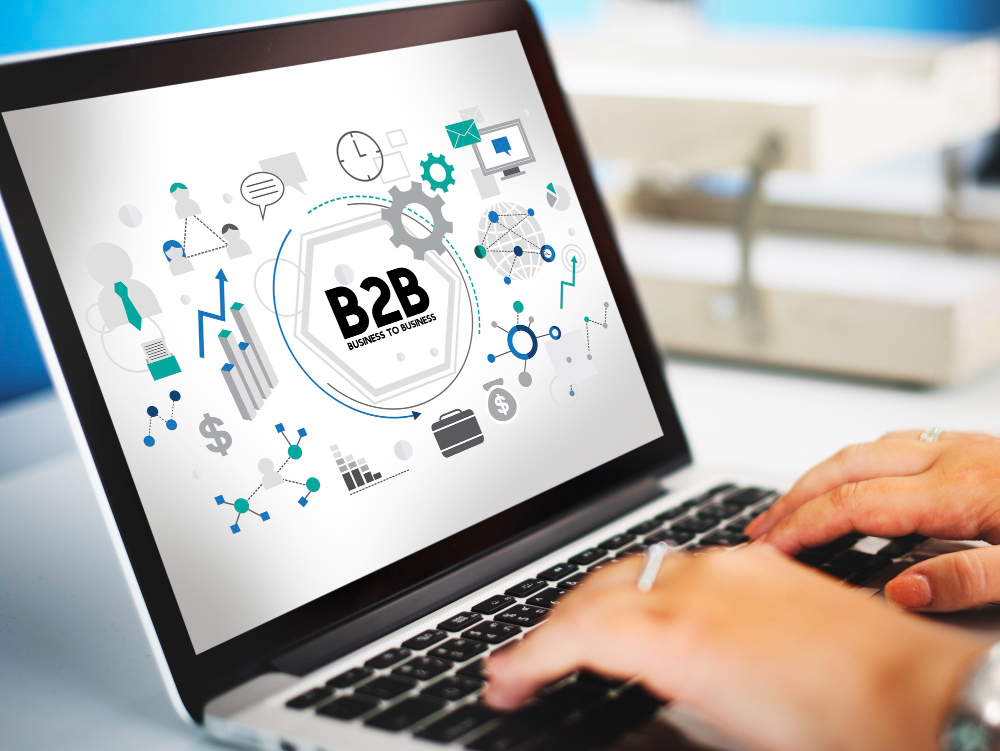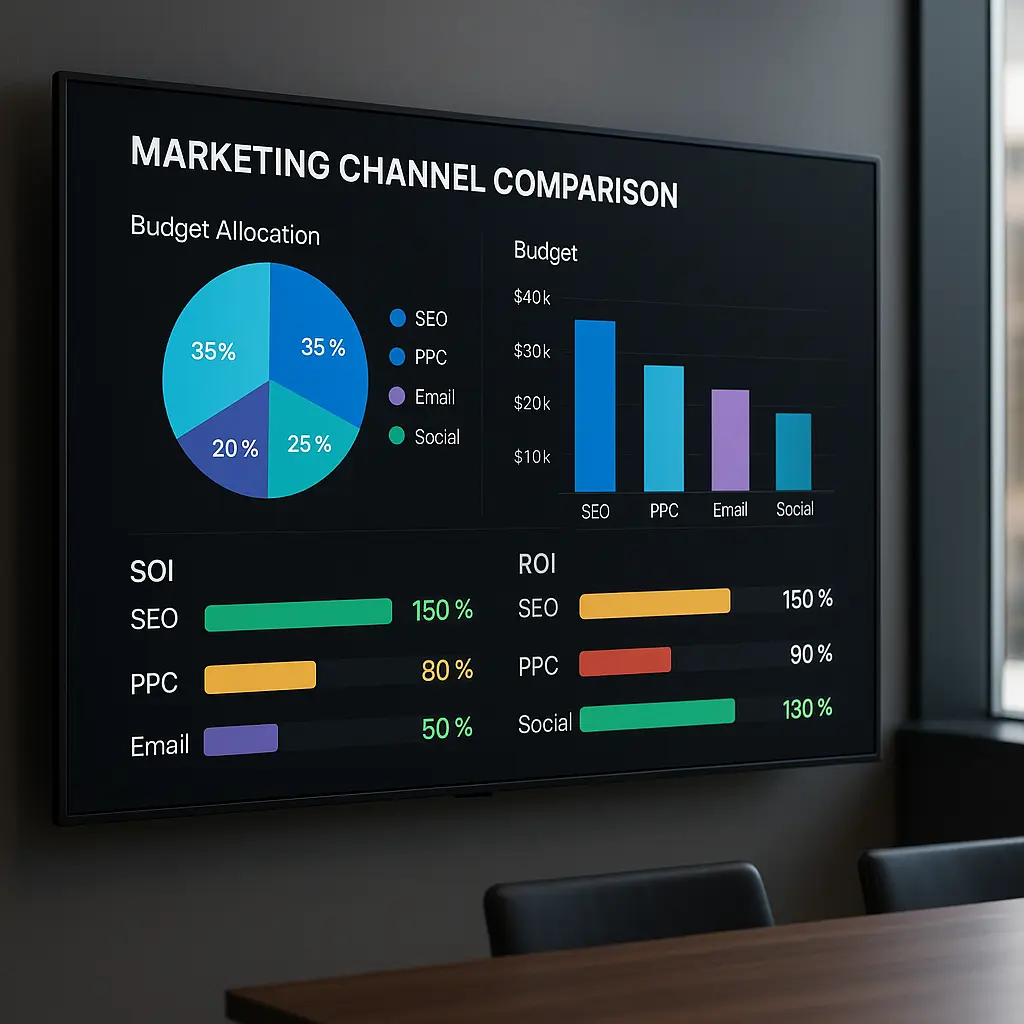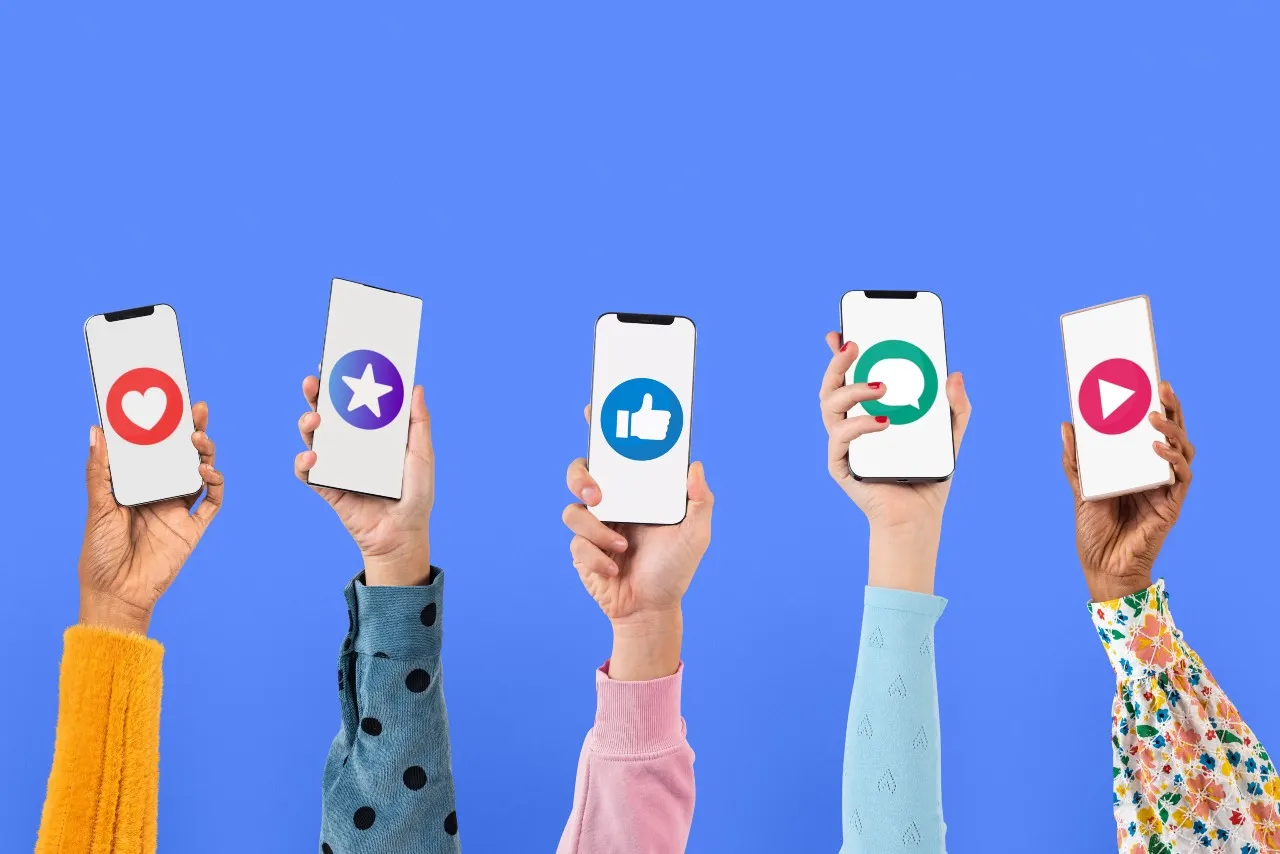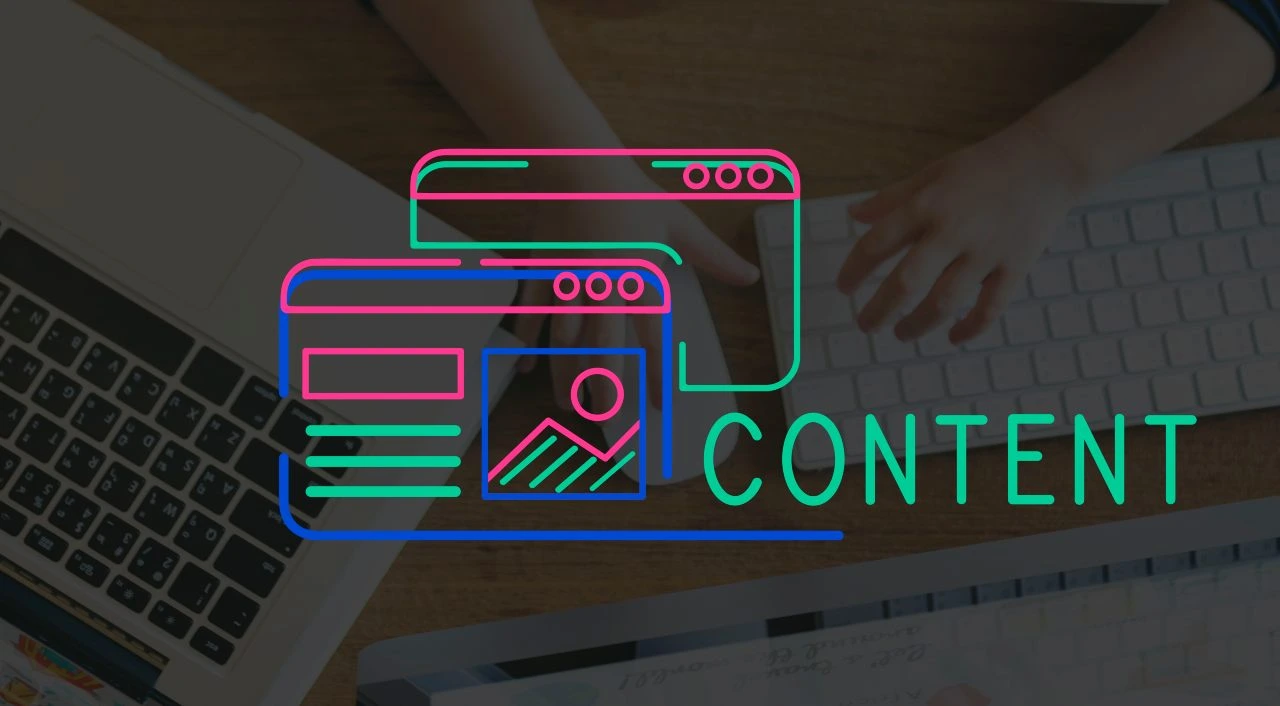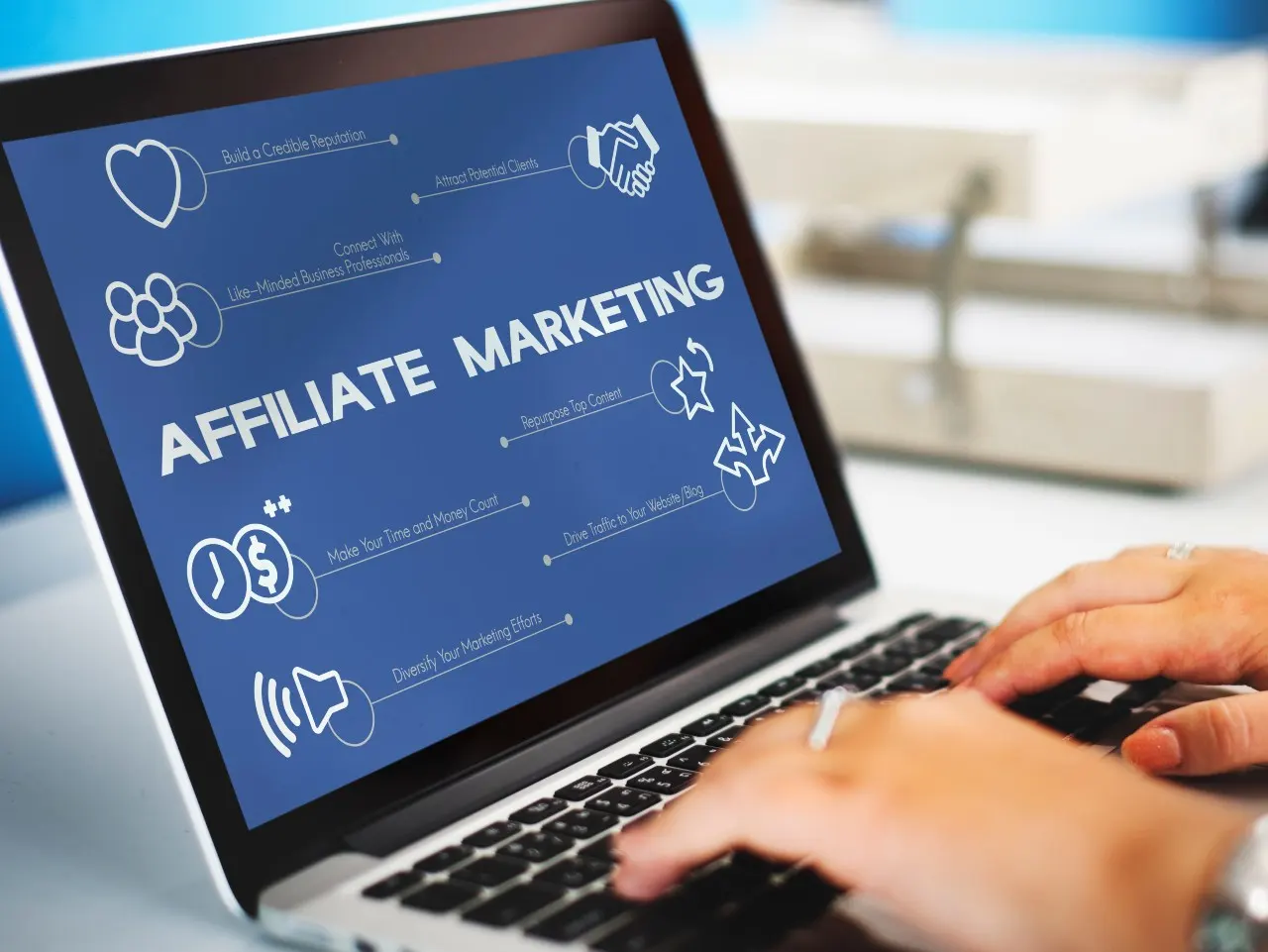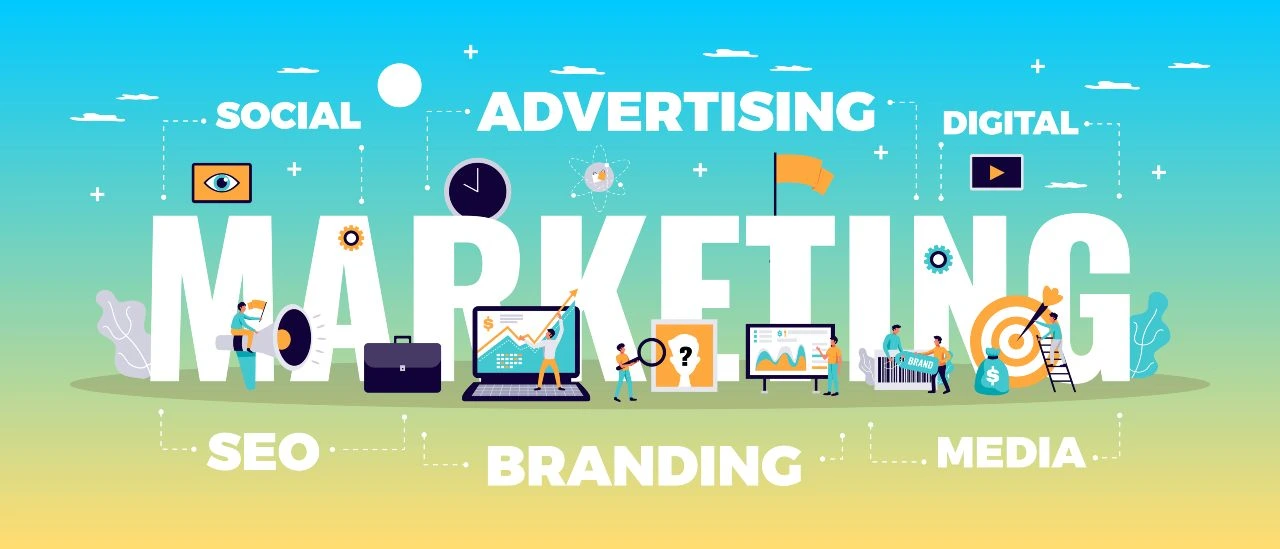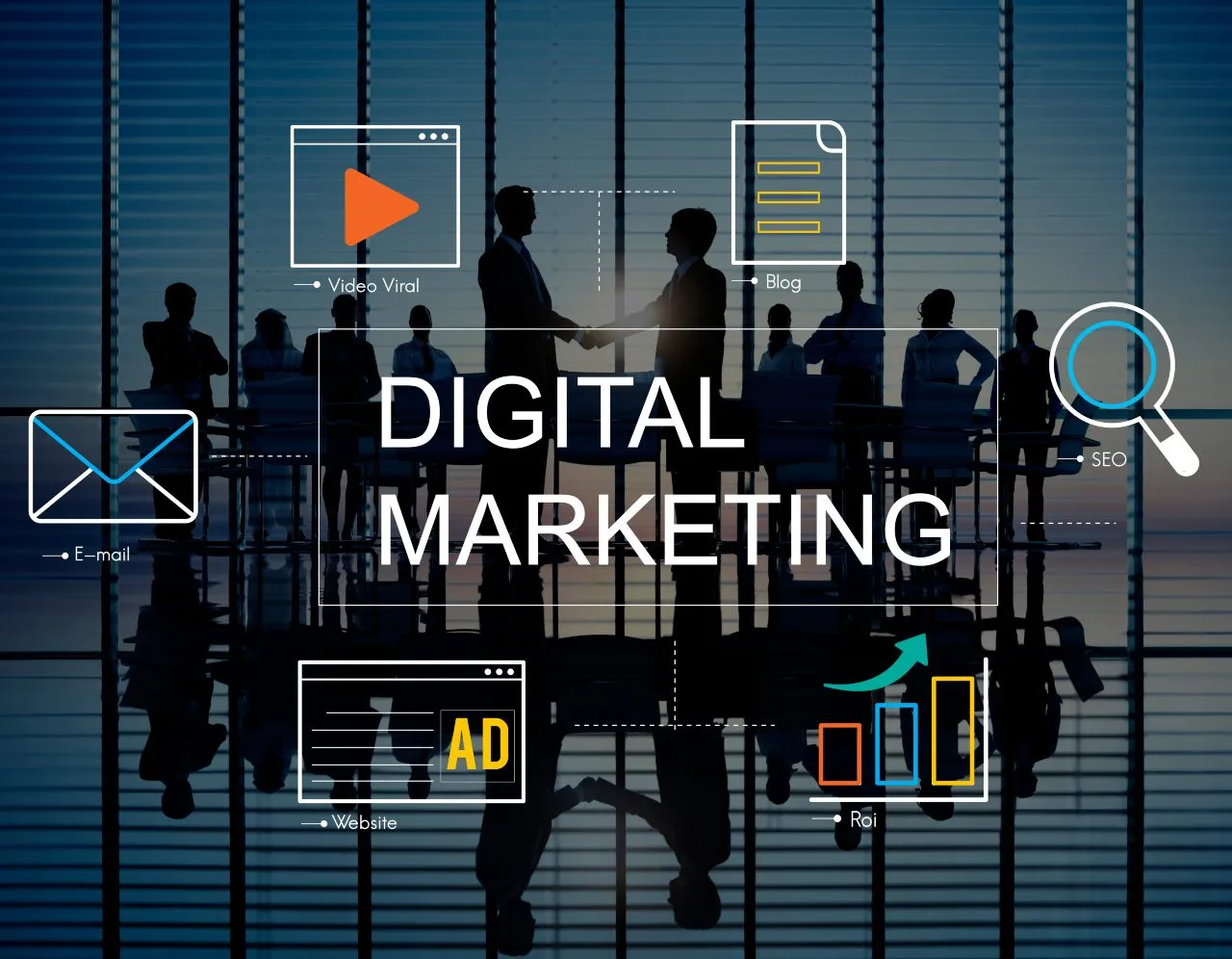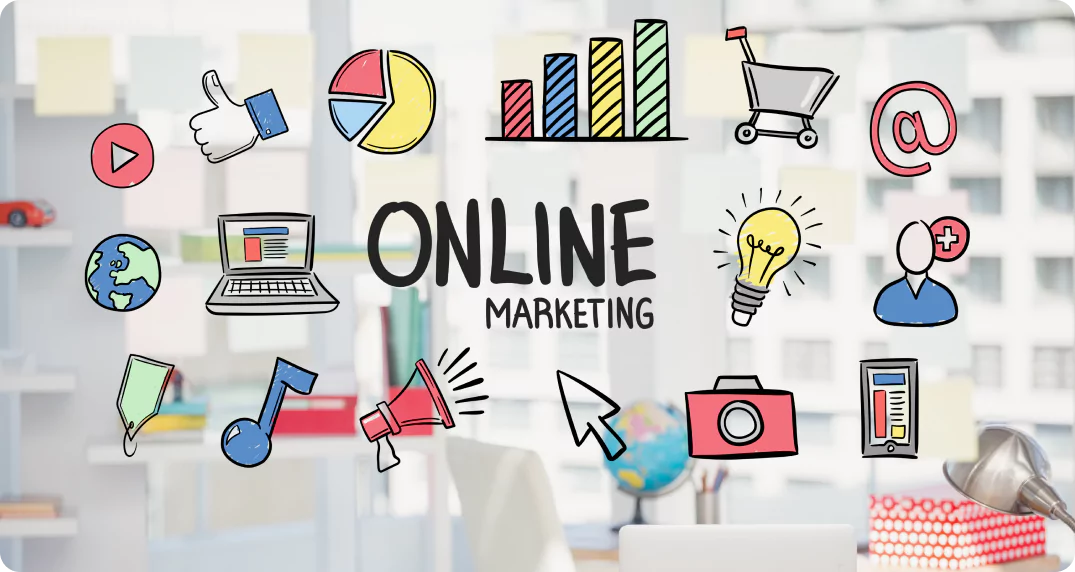Listen to article
Navigating the digital landscape is becoming increasingly complex for marketers. The deprecation of third-party cookies is not just a minor inconvenience; it’s a seismic shift that demands a fundamental reassessment of how businesses connect with their audiences. With an increasing number of internet users deploying ad blockers, and a significant percentage of marketers struggling to measure the real impact of their efforts, the need for innovative solutions has never been more critical.
But here’s the good news: this new era of post-cookie marketing presents an opportunity to prioritize strategies that respect user privacy while still delivering impactful results. From the resurgence of email marketing to the ethical use of AI and machine learning, the path forward involves embracing new approaches to audience engagement.
In this article, we’ll explore how marketing strategies are adapting to thrive in a world without cookies.
Navigating Marketing Challenges in a Post-Cookie Era
The digital advertising landscape is undergoing a seismic shift as third-party cookies become a thing of the past. For marketers, this means moving beyond traditional data collection methods and finding innovative ways to understand and engage with their audiences. While challenges such as ad blockers and ROI measurement gaps persist, these obstacles also open doors to more intentional, privacy-focused, and data-driven strategies that can drive better results.
- Ad blockers continue their rise, making it harder for marketers to reach audiences; over 615 million devices now use ad-blocking software. Source
- Effectively proving marketing impact remains a challenge for many businesses, as 44% admit to lacking clarity on their marketing ROI. Source
- Despite the digital transformation, 87% of marketers acknowledge that data within their organizations is among the most underutilized resources. Source
To thrive in this rapidly evolving landscape, marketers must embrace a mindset of adaptability. The disappearance of cookies is not the end of data-driven marketing but rather an invitation to explore innovative tools like first-party data collection, AI-driven analytics, and contextual targeting. By unlocking the full potential of existing data resources—which most organizations already have but fail to leverage—marketers can build smarter, more personalized campaigns in alignment with consumer privacy expectations.
Pro Tip:
Take advantage of alternative data strategies to future-proof your approach. Invest in gathering first-party data through interactive content, loyalty programs, or gated resources. Couple this with advanced analytics tools like Google Analytics 4 or customer data platforms (CDPs) to extract actionable insights and more accurately measure ROI.
Why Email Marketing Has Become a Powerhouse in a Post-Cookie World
As marketers navigate the challenges of a cookieless future, email marketing is emerging as an indispensable strategy. Unlike other channels reliant on third-party data, email marketing allows brands to establish direct, one-on-one communication with their audience—making it a crucial tool for fostering trust and driving conversions. With its unparalleled ROI, email marketing is more than a digital strategy; it’s a revenue-generating workhorse in today’s privacy-first landscape.
- Email marketing consistently delivers one of the highest returns on investment (ROI), ranking above other channels like SEO, mobile marketing, and content marketing. Source
For businesses looking to scale their efforts without overextending their internal teams, outsourcing email marketing can be a game-changer. Partnering with the right experts ensures your campaigns are optimized for engagement and conversions while freeing up your time to focus on other strategic initiatives.
Takeaway: Email Marketing is the Privacy-Focused Solution You Need
The retreat from cookies has shifted focus toward channels that promote direct relationships, and email marketing is leading the charge. Its unmatched ability to reach the right audience with personalized, consent-driven communication makes it irreplaceable in a privacy-first world. Whether you’re nurturing leads or driving sales, email marketing is your key to building sustainable connections and maximizing ROI.
Pro Tip: The secret to elevating your email marketing lies in segmentation and personalization. Use zero-party data—information willingly shared by your audience—to craft hyper-relevant messages. Tools like Klaviyo, ActiveCampaign, or HubSpot can help you segment your audience and send tailored content that truly resonates.
Building Trust Through Data Privacy and Transparency
As the digital marketing landscape increasingly emphasizes respect for consumer privacy, embracing ethical marketing isn’t just a compliance issue—it’s a competitive advantage. In an era where trust is harder to gain but easier to lose, consumers are actively favoring brands that prioritize transparent data handling and demonstrate accountability in how their information is used. Beyond adhering to privacy regulations, brands must now balance personalization with respect for individual privacy preferences—a challenge that, if done right, can set them apart in a crowded marketplace.
- Data privacy is a top priority for consumers, driving the adoption of regulations like GDPR and CCPA, which shape how businesses collect and use information. Brands that fail to prioritize secure and compliant data practices risk erosion of trust. Source
- As technological advancements redefine consumer expectations, regulations like GDPR will continue to influence marketing strategies. Ethical marketing is no longer optional but an expectation that can fundamentally drive loyalty and brand reputation. Source
- Effective data management is vital for B2B marketers. With privacy regulations tightening and tools like generative AI becoming more prominent, marketers must prioritize data quality, governance, and integration. These efforts not only ensure compliance but also enable personalized, ROI-focused campaigns that resonate with buyers. Source
Takeaway: Consumers Expect Accountability
Today’s privacy-first era demands more than just compliance with regulations—it requires marketers to rethink the way they build relationships with their audience. Transparency, ethical data handling, and respect for consumer preferences are not just about avoiding penalties; they’re strategic imperatives for earning trust and fostering loyalty. Brands that actively invest in robust data management infrastructures, while remaining agile in the face of evolving privacy norms, will be better positioned to deliver meaningful, personalized experiences in a responsible way.
Pro Tip:
To stay ahead, focus on building a first-party data strategy that emphasizes consent-driven data collection. Leverage tools like customer data platforms (CDPs) to gain a unified, privacy-compliant view of your audience, enabling you to deliver personalized campaigns while staying aligned with ever-tightening regulations.
Harnessing AI and ML for Smarter Audience Targeting
As third-party cookies phase out, marketers face the challenge of maintaining precision in their targeting strategies. Enter artificial intelligence (AI) and machine learning (ML)—game-changers in how advertisers analyze user data and tailor their campaigns. These technologies go beyond basic data analysis, offering predictive insights and behavioral patterns that help marketers stay ahead in a landscape that demands personalization without traditional tracking methods.
- AI and ML technologies empower advertisers to analyze extensive data, providing valuable insights into user preferences, behaviors, and intent, which leads to more accurate and targeted ad campaigns. Source
Takeaway: Insights Over Cookies
AI and ML don’t just fill the gap left by third-party cookies—they go a step further by enabling advertisers to focus on what truly matters: the user’s intent and preferences. These tools can predict trends, uncover hidden behaviors, and even optimize campaigns in real-time, driving better engagement and ROI. For brands, adopting AI and ML is no longer a competitive edge—it’s becoming an industry standard.
Start small with AI-driven tools that offer easy integration, such as campaign automation platforms or recommendation engines. Over time, explore advanced AI models to predict customer lifetime value or segment audiences dynamically based on real-time data for even sharper targeting. For businesses looking to build a robust online presence without relying on cookies, adopting digital marketing strategies for small businesses can also be a powerful first step.
Conclusion
As the marketing landscape shifts into a cookie-less era, it’s clear that adaptability and innovation are more important than ever. From leveraging the untapped potential of email marketing to embracing the power of AI and machine learning, marketers have a toolkit of strategies to thrive in this new environment. Prioritizing data privacy and ethical marketing practices not only aligns with consumer expectations but also builds trust—the cornerstone of long-term success.
The challenges of post-cookie marketing may feel daunting, but they also open the door to fresh opportunities. By focusing on first-party data, refining ROI measurement, and tapping into advanced technologies, businesses can not only navigate these changes but come out stronger. This moment is more than a pivot; it’s a chance to redefine how we connect with audiences and create meaningful, lasting engagement.
Ready to boost your traffic and grow your website? Your customers are looking for you, and our SEO services can help you be found across search engines. Let’s shape your post-cookie marketing strategy together.
About Creating Marketing Without Cookies: How Strategies Are Adapting
This guide was written by the Scopic Studios team and reviewed by Araksya Hakobjanyan, SEO Lead at Scopic Studios.
Scopic Studios delivers exceptional and engaging content rooted in our expertise across marketing and creative services. Our team of talented writers and digital experts excel in transforming intricate concepts into captivating narratives tailored for diverse industries. We’re passionate about crafting content that not only resonates but also drives value across all digital platforms.
Note: This blog’s images are sourced from Freepik.
























